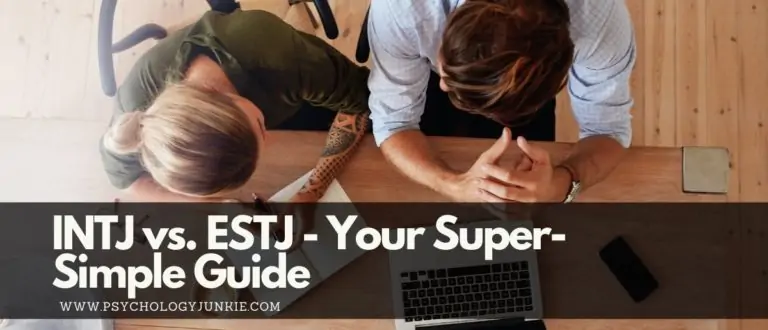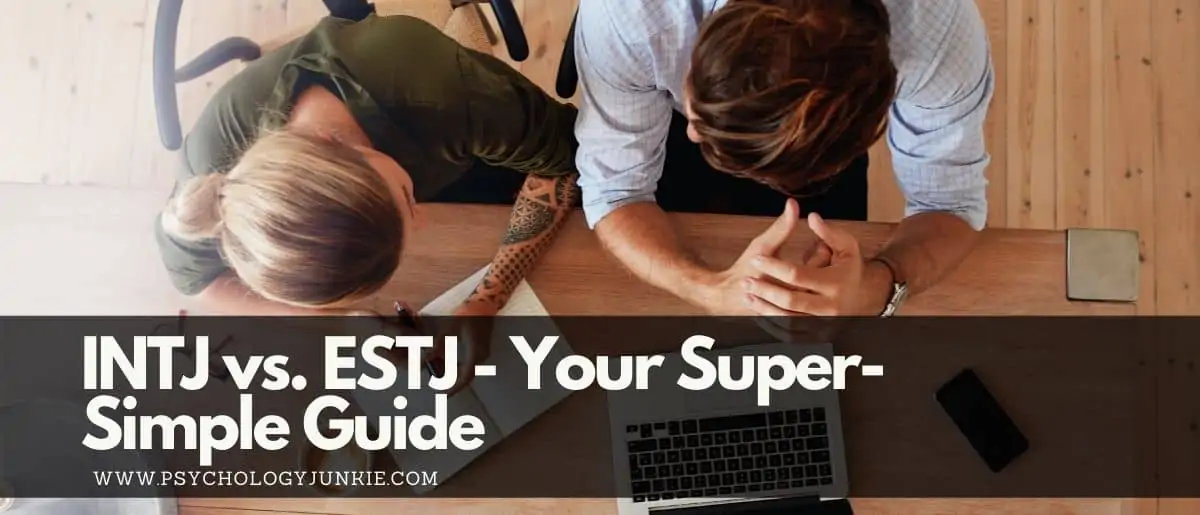Enneagram 2 vs Enneagram 9: Which Are You?
When it comes to Enneagram types, people can sometimes feel torn between two types that seem similar on the surface but have very different core motivations. I got a comment this week from a reader trying to decide whether she was more 2 or 9. This is a common question and one that I’ve gotten frequently as an Enneagram coach. On the surface, 2s and 9s can look very similar; they’re both often nurturing, empathetic, and gentle. But on the inside, there are quite a few differences between these types!
Let’s take a closer look at what makes these two types distinct so you can figure out which one resonates with you more.

Not sure what your Enneagram type is? Take our free questionnaire here
How Enneagram 2s and 9s Are Different Types
One of the easiest ways to understand the difference between Twos and Nines is by looking at their centers of intelligence—this is the lens through which they experience the world.
Enneagram 2 is part of the Heart Triad.
This means Twos are primarily driven by feelings and relationships. They have an underlying struggle with shame—the sense that they aren’t worthy of love for who they are unless they’re being selfless or generous. To deal with this, Twos focus their energy on being helpful, nurturing, and indispensable. Their inner voice tells them, “If I’m loving enough, people will love me in return, and I won’t have to feel ashamed or unworthy.”
Enneagram 9, on the other hand, belongs to the Body Triad.
This group is driven by instinct and a gut-level reaction to life. Nines grapple with anger, but unlike the fiery, outward anger you might expect, Nines tend to disconnect from their anger altogether. They want inner peace and harmony, and anger feels like a threat to that. So, they suppress it. This can lead to passive-aggressive behaviors or a quiet stubbornness. Occasionally, when the anger has built up too much, it may explode—but that’s rare.
Motivations: What Drives Each Type?
At their core, Twos want to be loved. They fear being unlovable, so they focus their energy on making themselves indispensable and needed. They want to be everyone’s confidante, the shoulder someone cries on, the first person you think of when you reach for your phone after a bad breakup.
Nines, meanwhile, are motivated by a desire for inner harmony and peace. Conflict feels disruptive and stressful to them, so they do their best to avoid it, often going with the flow to maintain their calm. Their biggest fear is that conflict or tension will threaten their inner peace and cause fragmentation or loss of relationships.
Example: Picture yourself at a family dinner where there’s a debate happening. Instead of joining in or sharing your opinion, you just sit back quietly, not wanting to “rock the boat.”
Self-Minimizing vs. Self-Aggrandizing
Nines tend to minimize themselves. They don’t like taking up too much space or imposing their opinions on others. This often leads them to merge with the people around them, adopting their views, preferences, and goals in an effort to avoid conflict and keep the peace. My mom is a Nine and whenever there is a conflict she tends to get really quiet, look away, or even lay down and try to sleep. She spoke to me about a lot of conflict in her childhood, and during those times she’d try to drown it out by singing songs to herself or daydreaming. She made a deal with herself that she’d never cause conflict as an adult because she never wanted to cause anyone else the pain she experienced in childhood. While this is a relatively unhealthy manifestation of self-minimizing, it’s one that many Nines will relate to.
Example: If your friends want to go to a restaurant you don’t like, you go along with it anyway because you don’t want to make a fuss, even though you’d prefer to go somewhere else.
Twos are the opposite—they magnify their presence. They want to be seen, loved, and appreciated, and they aren’t afraid to put themselves out there to make sure that happens. This can lead to them becoming overly involved in other people’s lives, sometimes to the point of being intrusive. I have a very good friend who is a Two, and she will be there the minute you need a helping hand or a friend to confide in. She’s a healthy Two so she’s not doing it for a pat on the back or a ‘thank you’, but she’s shared about earlier times in her life where she struggled with people-pleasing and constantly checking to see if people were acknowledging her efforts and reciprocating with positive affirmations.
Example: You notice a friend having a hard time, so you take it upon yourself to get involved, offering solutions and advice because you believe that’s what a loving person should do.
Reactions to Loss and Rejection
Enneagram 9: When a Nine faces rejection, it can feel like a confirmation of their worst fear: that they don’t really matter. Because they often project their sense of self onto others, losing someone can feel like losing a part of themselves. Instead of confronting this feeling head-on, they might withdraw even further, quietly letting the relationship slip away.
Example: If a friend pulls away, you might not chase after them or ask why. Instead, you might just accept it, telling yourself that you don’t want to cause any trouble, even though deep down it hurts.
Enneagram 2: Twos, by contrast, actively seek connection and can be deeply hurt if they feel their efforts aren’t reciprocated. If they sense rejection, it triggers their underlying shame, and they may react by trying even harder to prove their worth—or by shutting down altogether to protect their pride.
Example: If a friend doesn’t respond to your attempts to help or connect, you might feel a mix of hurt and frustration, thinking, “After all I’ve done, how can they not appreciate me?” You may distance yourself, but with an air of “I don’t need you anyway.”
Strengths of the Enneagram 2 and 9:
Strengths of Healthy Enneagram 2s:
- Empathy and Compassion
- Generosity
- Relationship-Building
- Loyalty
- Emotional Insight
- Selflessness
Strengths of Healthy Enneagram 3s:
- Calm and Peaceful Presence
- Accepting and Non-Judgmental
- Adaptability
- Patience
- Supportive and Reassuring
- Resilience
Final Thought: How to Tell Which Type Fits You
If you find yourself more focused on maintaining inner peace and avoiding conflict, you’re likely more of an Enneagram 9. You may feel like your needs or opinions don’t matter as much, and you prefer to keep things low-key to preserve your sense of calm.
If, on the other hand, you feel driven by the need to be loved and needed, and you often go out of your way to make sure you’re indispensable and generous, you’re probably leaning more toward Enneagram 2. You might have a strong desire to help and be recognized for your efforts, and rejection or unappreciation can hit hard.
Both types are deeply compassionate and caring, but their approaches to relationships and self-worth have some pretty major differences. Which type do you think fits you best?
Other Articles You Might Enjoy:
10 Signs of an Unhealthy Enneagram 2
21 Signs That You’re an Enneagram 2 Type
21 Signs That You’re an Enneagram 9 Type
7 Struggles of the Enneagram Nine Type















What about differences between 4 and 5 or 4 and 9. I really struggle with my enneagram type. Myers Briggs seems so much easier for me to understand and know..
I’ll try to write an article differentiating 4 and 5 soon or 5 and 9. I can definitely see how those types would get confusing to differentiate between!
Thank you, this really clears up the difference between the two, and which I am.